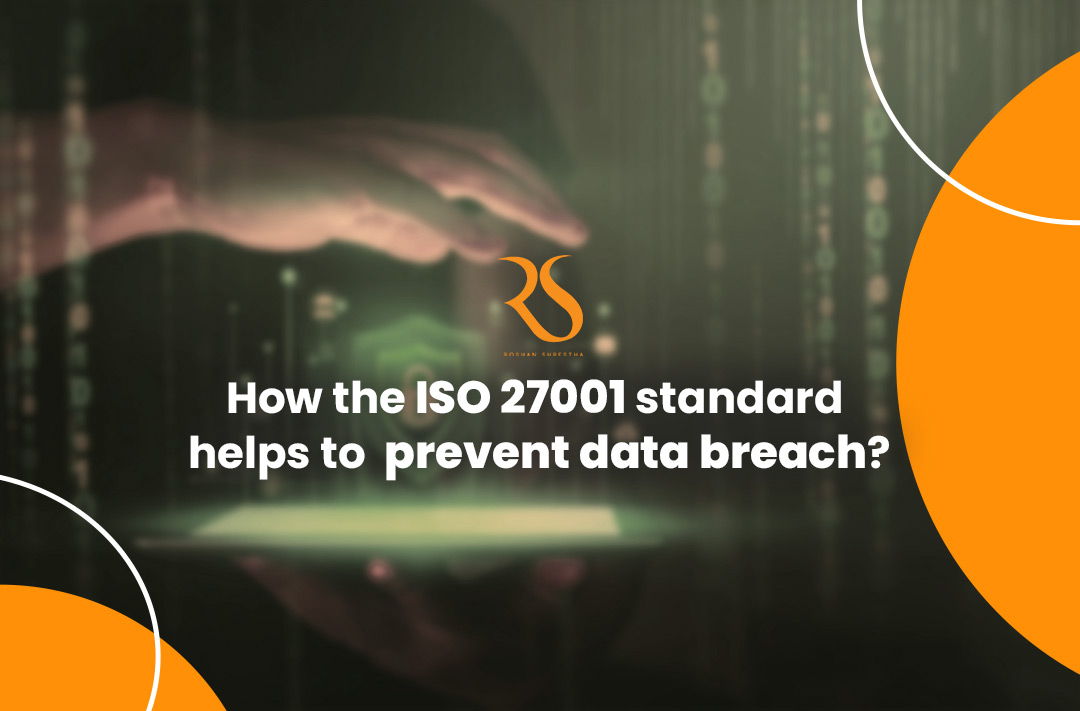The ISO 27001 standard is a globally recognized framework designed to help businesses protect sensitive data from cyber threats and security breaches. As data breaches and cyber-attacks become more frequent, this ISO standard offers a systematic approach to managing confidential information, ensuring compliance with security policies, risk assessments, and continuous monitoring to uphold data integrity. By getting ISO certified, organizations can reduce risks, including financial losses, reputational harm, and legal repercussions. It is not just a is a proactive strategy for safeguarding critical information but a full-proof plan that establishes a robust Information Security Management System (ISMS) that strengthens an organization’s defenses.
How does the ISO 27001 Standard Prevent Data Breaches?
A data breach can occur due to weak security policies, human errors, or external cyber-attacks. ISO 27001 can help businesses and companies prevent data breaches through the following key mechanisms:
1. Risk Assessment and Management
ISO 27001 requires organizations to conduct thorough risk assessments to identify vulnerabilities and potential threats to their data systems. By analyzing security risks, businesses can implement effective countermeasures to prevent unauthorized access and data leaks. It can be as simple as implementing patching protocols and firewalls to close these vulnerabilities before an attack occurs.
2. Access Control and Authentication
Unauthorized access is a major cause of data breaches. The ISO 27001 standard mandates strict access controls; ensuring only authorized personnel can handle sensitive data. Multi-factor authentication, role-based access, and encryption mechanisms play a crucial role in securing information. This ensures that even if login credentials are stolen, unauthorized access is still blocked.
3. Data Encryption and Secure Communication
The ISO standard especially emphasizes data encryption to protect sensitive information from being intercepted during transmission. Encryption protocols ensure that even if data is compromised, it remains unreadable to unauthorized users.
4. Regular Security Audits and Compliance Checks
Organizations must conduct regular ISO 27001 audits and compliance checks to maintain security effectiveness. The ISO 27001 standard enforces continuous monitoring, security testing, and policy reviews to detect vulnerabilities before they lead to breaches.
5. Employee Training and Awareness
Human error is one of the leading causes of data breaches. ISO 27001 requires organizations to implement security awareness programs, ensuring employees are trained on data protection best practices and recognizing potential threats. It can be as simple as spotting and defending against phishing attacks.
With escalating cyber threats, adopting the ISO 27001 standard represents a strategic imperative for organizations committed to safeguarding their data and mitigating the risk of breaches. By prioritizing risk assessment, access control, encryption, and employee training, this standard provides a holistic framework for robust data security. Across sectors such as IT, healthcare, finance, and government, ISO 27001 ensures that businesses not only fortify their defenses against cyber threats but also uphold stakeholder trust and organizational resilience.



